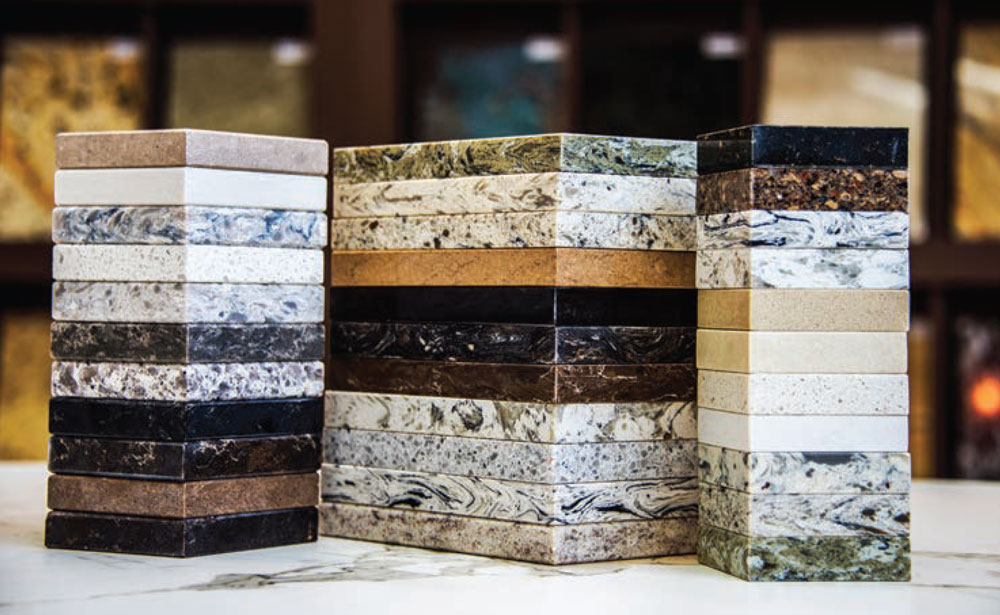The Countertop Challenge

CHOOSING THE RIGHT OPTION FOR YOUR SPACE
With so many beautiful options available for countertops, choosing which one is right for your space can be challenging. Whether you select a natural stone like a granite or marble or a man-made option such as quartz, asking yourself four simple questions can lead you to the right countertop to use as the focal point for your kitchen:
- How much wear and tear will my countertops get?
- What is my budget?
- How much effort do I want to put into maintenance?
- What is my style?
Once you answer these questions, you’ll be able to navigate the many options available.
Function
Our kitchens are busy places where guests tend to gather and where we spend much of our time. Countertops can be the focal point that makes our kitchens pop or they can blend into our cabinets, allowing paint and backsplashes to become the show stoppers.
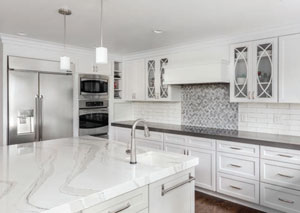 Most importantly, though, we must evaluate how our countertops will be used. According to Page Hastings-Neal, owner of Spectrum Stone Designs: “Countertops are places to prepare food (cutting and chopping), rest hot pots and pans and store appliances. Picking the right material for the function of the kitchen is key.”
Most importantly, though, we must evaluate how our countertops will be used. According to Page Hastings-Neal, owner of Spectrum Stone Designs: “Countertops are places to prepare food (cutting and chopping), rest hot pots and pans and store appliances. Picking the right material for the function of the kitchen is key.”
Natural stone like granite or quartzite are popular choices for countertops. “They are hard, dense, durable surfaces that won’t scratch easily and are more tolerant of heat,” explains Hastings-Neal.
While some materials are slightly more durable than others, no countertop is indestructible. Natural stone, softer than man-made stone, can be chipped or cracked when something is dropped. “You will have to seal the surface every so often, though.” She recommends sealing natural stone annually. When accidents do happen, most materials can be repaired by trained professionals without requiring the replacement of the countertop.
Quartz, a man-made stone created with natural stone and a polymer resin is a work horse in the kitchen, long-lasting, easy to clean and durable. The downside, however, is that quartz is less heat-resistant and less UV-ray resistant. “Quartz shouldn’t be used in outdoor kitchens,” notes Hastings-Neal. “Also, you have to be very cautious. A hot pan can damage the surface of a quartz countertop.”
Budget
With a wide range of affordable options available, an updated look doesn’t have to break the bank. “Most kitchen countertops we do, even with an island, cost around $3,000 to $5,000,” says Hastings-Neal. “Of course, we have high-end stones that can double and triple that amount as well. We always work within a customer’s budget.”
A quick overview of the cost of materials finds laminate and cultured marble among the most inexpensive materials available. The natural stones tend to be more expensive because of the quarrying and machining required to bring them to market. Quartz can be costly, but more affordable options are often available. (See our chart at the end of this article.)
Mixing and matching materials is an option to put less strain on the budget. For instance, the outer countertops could be an entry-level natural stone while reserving the “wow factor” for an island created with a premium material.
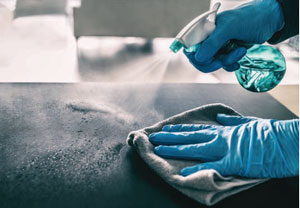 Maintenance
Maintenance
Smells and liquids can penetrate natural rock, which is a porous material. As a result, you must periodically use a professional-grade sealant or hire a professional to seal natural stone countertops made with granite, marble, quartzite, limestone and soapstone. If you need to cut any of these material
You can clean most countertops with a microfiber cloth and a mild cleanser. Wipe up spills right away to avoid staining. Use a paste of baking soda and water to remove stubborn stains. Commercial cleaning products specific to countertops are also available. “Quartz countertops are known for easy maintenance,” says Hastings-Neal, “but because of being non-heat resistant, you should use trivets to avoid heat damage.”
 Personal style
Personal style
Natural stone and man-made quartz are popular choices for those who want to upgrade their countertops and add value to their homes. Concrete and stainless steel are trending for those who crave a more industrial feel. A concrete appearance can even be created with a smooth, man-made material that mimics the look of concrete. Also, butcher block is another material that finds its way into kitchens for more of a farmhouse feel. With so many options available today, you should be able to find materials and designs that satisfy your inner Joanna Gaines.
“We’re finding that the trend right now is a lot of classic looks,” notes Hastings-Neal. “We’re seeing more white with subtle veining, not a lot of movement, not a lot of color, and softer, more muted tones. Or, we see the exact opposite: going solid black without any movement. Overall, classic looks. We have showrooms in Concord and Forest for customer convenience. Looking and touching the material makes all the difference.”
Personal style is the driving force in choosing a countertop design. Along with your individual taste, consider function, maintenance and a budget to help you choose the best option that solves your countertop challenge.
NATURAL STONE
Granite, marble, quartzite, limestone, soapstone, dolomite, onyx
 PROS
PROS
• Unique veining and flow
• Hard, durable, dense
• Resistant to scratching
• More heat tolerant
• Can be used in outdoor settings
CONS
• Naturally porous; annual sealing is recommended
• Can be chipped, cracked or scratched by trauma
• Softer stones (i.e. marble, onyx)
• Heavy; hard to DIY
MAN-MADE STONE
Quartz
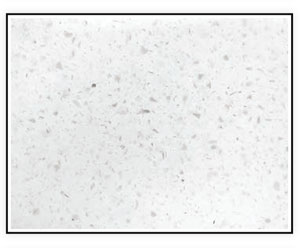 PROS
PROS
• Imitates natural stone
• Easily repaired
• No annual maintenance
• Non-porous; food safe and anti-microbial
• Very durable & stain resistant
CONS
• Not heat resistant
• Usually more costly than natural stone
• Can be chipped, cracked or scratched by trauma
• Outdoor use is not recommended
• Heavy; hard to DIY
LAMINATE
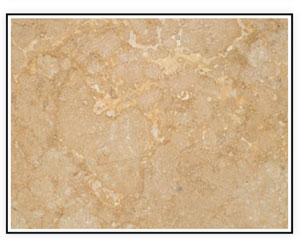 PROS
PROS
• Least expensive
• Easy maintenance
• Many colors available
• Lightweight; easy to DIY
CONS
• Easy to damage
• Difficult to repair damages
• Not heat/scratch resistant
• Will not add to a home’s resale value
BUTCHER BLOCK
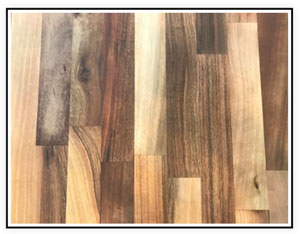 PROS
PROS
• Can be less expensive if pre-fabricated
• Desirable farmhouse look
• Ability to cut directly on the surface without dulling knives
• Easy to DIY
CONS
• Easy to damage
• Requires frequent sealing to maintain food-safe finish
• Large variance in price and quality between pre-fabricated countertops and custom-made countertops
CONCRETE, STEEL, MAN-MADE CONCRETE
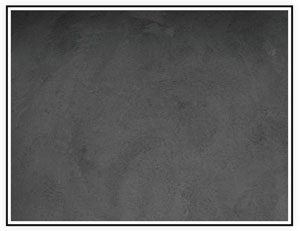 PROS
PROS
• Bold, modern look
• Easy maintenance
• Durable
CONS
• Specific style
• Varying price points • Cracks, large chips difficult to repair ✦
butcher block, concrete, countertops, dolomite, Granite, laminate, limestone, man-made concrete, man-made stone, marble, natural stone, onyx, quartz, Quartzite, Soapstone, steel
